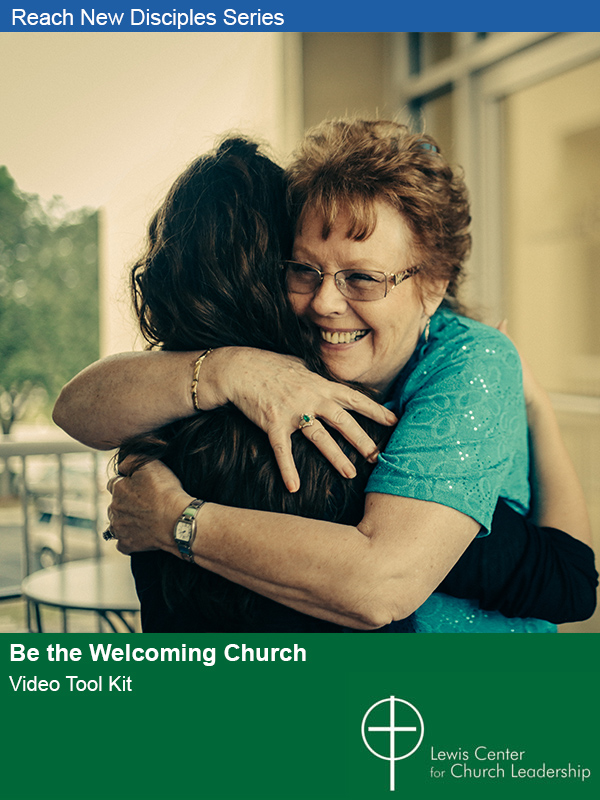A new study documents a reality many have claimed for quite some time. People are not as loyal to their denominations as church leaders might wish. Ellison Research found that seven out of ten regular churchgoers in the United States would be at least somewhat open to switching denominations if they could no longer attend their current church because of moving or some other reason. There are relatively few demographic differences within the findings. Denominational loyalty does not vary significantly by gender, household income, age, or type of community (rural/small town, suburban, or urban). But there are dramatic differences between Protestants and Roman Catholics.
Seven out of ten regular churchgoers in the United States would be at least somewhat open to switching denominations if they could no longer attend their current church because of moving or some other reason.
Roman Catholic and Protestant Differences
Six out of ten active Catholics would only consider attending a Roman Catholic church, and another 29 percent prefer this, although they do not rule out other churches. Eleven percent of Catholics do not show a specific preference for attending a Catholic parish.
Just 16 percent of Protestant churchgoers will consider attending only their current denomination. Fifty-one percent do express preference for one denomination, but would also consider others. Thirty-three percent do not have any preference for one specific denomination.
There is little difference between the loyalties of people who attend evangelical Protestant churches and those who attend churches in a mainline Protestant denomination. People who worship at a non-denominational congregation were asked the same question about their loyalty to attending a non-denominational church. People who attend a non-denominational church are actually more loyal to remaining non-denominational than churchgoers in Protestant denominations are to staying within their own denomination.
How Church Loyalty Compares to Other Loyalties
Ellison Research also asked Americans about their loyalty to specific brands within 32 individual categories of consumer products and services. Church leaders normally find the “consumer” mindset of parishioners to be a sad reality and do not like to think of church as a “product.” That said, it may be useful to compare the strength of church “brand loyalties” with similar loyalties church members have.
The loyalty of Protestants to their denominations is about the same as their loyalty to specific brands of toothpaste, bathroom tissue, and pain relievers. On the other hand, Protestants are more likely to be loyal to their denomination than they are to any specific brand of airline, automobile, or fast food restaurant.
What Does This Mean?
Ron Sellers, president of Ellison Research, pointed out that there may be much more to the story of the Protestant/Catholic loyalty divide than loyal Catholics and non-loyal Protestants. “It’s not as though there are two hundred different Roman Catholic denominations,” Sellers said. “On the Protestant side, there are scores of different denominations, with some of them fairly similar in practice and theology. The story of this research is that many Protestants may not see a lot of difference among some of these denominations. It may not be lack of loyalty so much as it is the presence of so many options that is causing Protestants to be about as loyal to a brand of toothpaste or bathroom tissue as they are to their church denomination.”
“Protestant denominations are simply facing what most companies face as they try to develop brand loyalty — consumers with many different options who may not perceive strong differences among those options,” says Sellers. “Church denominations certainly are not the same as hotels or soft drinks, but some of the same rules apply — the brands that develop stronger loyalty tend to do a better job of differentiating themselves from other brands and demonstrating key elements of the brand very clearly.”
What Might This Mean for Your Church?
In the past, it was not uncommon for denomination to be a primary factor in someone selecting a particular congregation. Most congregations today understand that few people will come and stay at their churches merely because of denomination. For that reason, a number of churches, especially new churches, do not include their denominational identity in the church name. Since there are churches reaching many new people with denominational church names and with more generic names, it is hard to make a case that only one approach can be successful.
However, virtually everyone agrees that if the primary attribute that the church leads with is “we are a [name of denomination]church,” people will not tend to find that church compelling. The spirit and direction of the church must be much more focused on basic Christian beliefs and meeting the needs of people to appeal to new members. On the other hand, growing churches are finding that the many people who come to them from other denominations or as new Christians (key characteristics of growing churches) are more than willing to learn the denominational heritage and theology represented by the church. In fact, many become excited about what they learn. But the denominational teaching and identity does not typically come first. It is after people connect with God and other people at your church and come to belong that they will be more willing to learn about your heritage.
For more information on the research from which this article is taken, go to Grey Matter Research Consulting.







